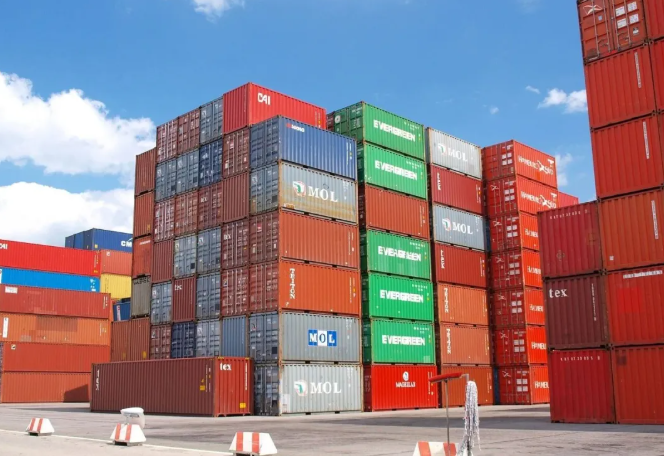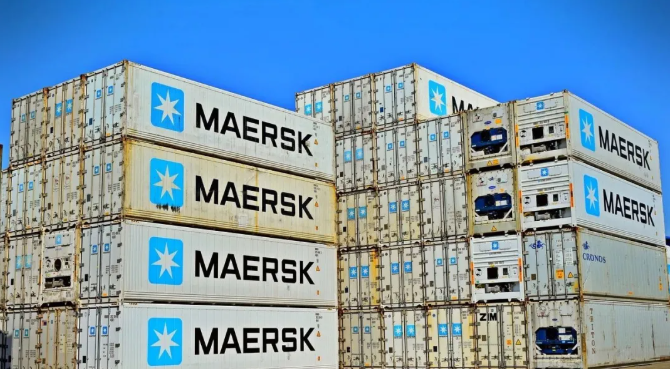
![[sort:pic]](/template/default/images/banner/3-3.jpg)

Lean management provides customers with high-quality services and a visible panoramic view of the prosperous era.
Share
Introduction:
As the world was still digesting the fallout from the U.S. midterm elections, Trump delivered a "tariff hammer blow" to 14 countries! Late on the night of July 7th, he sent 14 letters to heads of state via his "Truth Social" platform, announcing tariffs of up to 40% on products from multiple countries effective August 1st. How does this long-planned Trade War 2.0 strategically divide allies and smaller nations? Who will become the biggest casualty?
⦁ Time: Late Night, July 7th
⦁ Event: Trump sent 14 letters to heads of state via "Truth Social," announcing tariffs ranging from 25% to 40% on 14 countries including Japan and South Korea, effective August 1st. The tariff rates are inversely proportional to the economic strength of the targeted nation.
⦁ Exemption Condition: Companies can avoid the tariffs if they relocate production to the United States.

⒈Precision Targeting of "Trade Deficit Nations" & Fragile Economies:
▫ Japan and South Korea, as the 6th and 7th largest U.S. trading partners with $280 billion in exports to the U.S. in 2024, became primary targets.
▫ Smaller economies (like Laos, Cambodia) with less bargaining power face higher rates (36%-40%), attempting a "kill the chicken to scare the monkey" tactic to intimidate negotiating partners like the EU.
▫ Trump signed an executive order extending the 90-day "reciprocal tariff" suspension period, originally set to expire July 9th, to August 1st, creating negotiation time.
▫ Treasury Secretary Bessent hinted that if agreements aren't reached by August 1st, rates will revert to the "reciprocal tariff" levels announced in April (with potentially higher rates for some countries).
⒉Supply Chain Relocation Coercion:
▫ The letters explicitly encourage companies to move production to the U.S. Examples: Toyota considering shifting Japanese capacity to Mexico/Canada; Samsung planning factories in India to evade tariffs.
▫ A Boston Consulting Group survey shows over 60% of multinationals now rank "tariff risk" as their top strategic consideration.
⦁ Japan: Plans WTO lawsuit and is studying retaliatory tariffs (targeting agricultural products, industrial equipment).
⦁ South Korea: Activated emergency mechanisms, planning 10%-15% tariffs on U.S. automobiles and agricultural goods.
⦁ ASEAN Three (Indonesia, Thailand, Malaysia): Held emergency meetings to discuss forming a "Regional Trade Defense Alliance."

♦ The World Bank Chief Economist warned that Trump's unilateral tariff policy signifies "the effective demise of the post-WWII international economic order."
♦ Nations accelerate "de-dollarization": Indonesia and Saudi Arabia initiated oil settlement in Rupiah; Brazil urged BRICS to advance local currency transactions.
Targeting the weakest to destroy them is the last furious rage of a hegemon in its impotence.
August 1st won't be the end, but just another nail in the coffin of the old order.
Amidst the current unpredictable and treacherous tariff landscape, SSR GROUP is committed to being your steadfast partner, standing shoulder-to-shoulder with you.
SSR GROUP · Global Logistics
Specializing in US final-mile customs clearance & transshipment, Amazon FBA logistics, and third-party warehousing one-stop services. Headquartered in Los Angeles, we are a US-based customs brokerage firm with over 50 years of customs clearance experience and our own team of green card-holding Chinese customs clearance professionals. We have the latest news, firsthand information, and can help you avoid pitfalls to achieve comprehensive cross-border e-commerce business development.
In this challenging tariff environment, choosing us means choosing professionalism, efficiency, and peace of mind. SSR GROUP will spare no effort, using our expertise to safeguard your cargo, helping you navigate steadily through the complex and ever-changing international trade market. Together, we will overcome difficulties and expand broader business horizons!